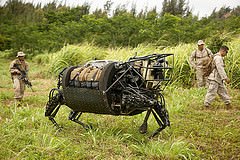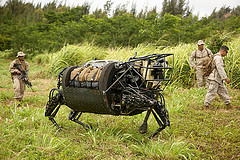New Textbook Technology

Higher education institutions have been slow to embrace the development of e-textbooks and continue to require students to purchase books in print. But one school in Indiana is ready to make the switch from paper to digital.
Trine University’s School of Professional Studies has mandated the use of e-textbooks for all courses, beginning with the upcoming spring semester in January. Five hundred adult learners are enrolled in TU’s School of Professional Studies. The school has ten different degree programs for which students may take either online courses or traditional courses at branch campus locations across the state. School administrators expect that the use of e-textbooks will not only save students money, but will also enhance classroom interactivity and convey the positive message of sustainability.
David Wood, the school’s dean, said that instructors are excited about the switch to digital textbooks. “The e-textbook really provides a lot of interactive opportunities for students,” he said. Teachers will be able to type comments in the e-textbooks and even include links and questions for discussion. Special features of the books will allow students to highlight the text and take notes as they read, and online forums have been created where students can compare notes with one another and discuss course material.
Follet Higher Education Group, which operates TU’s campus bookstore, runs an online platform called CafeScribe, where the e-textbooks will be managed. Jen Eveslage, intellectual-property manager for Follet predicts that the switch to e-textbooks may be a challenge at first, because the process will be unfamiliar. But as students and teachers become comfortable with the system, the benefit will be great. “They’re going to become much more engaged with the text,” she said.
Faculty members were included in the development process of the e-textbooks, so instructors will not have to make many changes to their original course material. Follet also collaborated with publishing companies, to ensure that traditional textbooks necessary to TU’s curriculum were able to be converted to a digital format.
